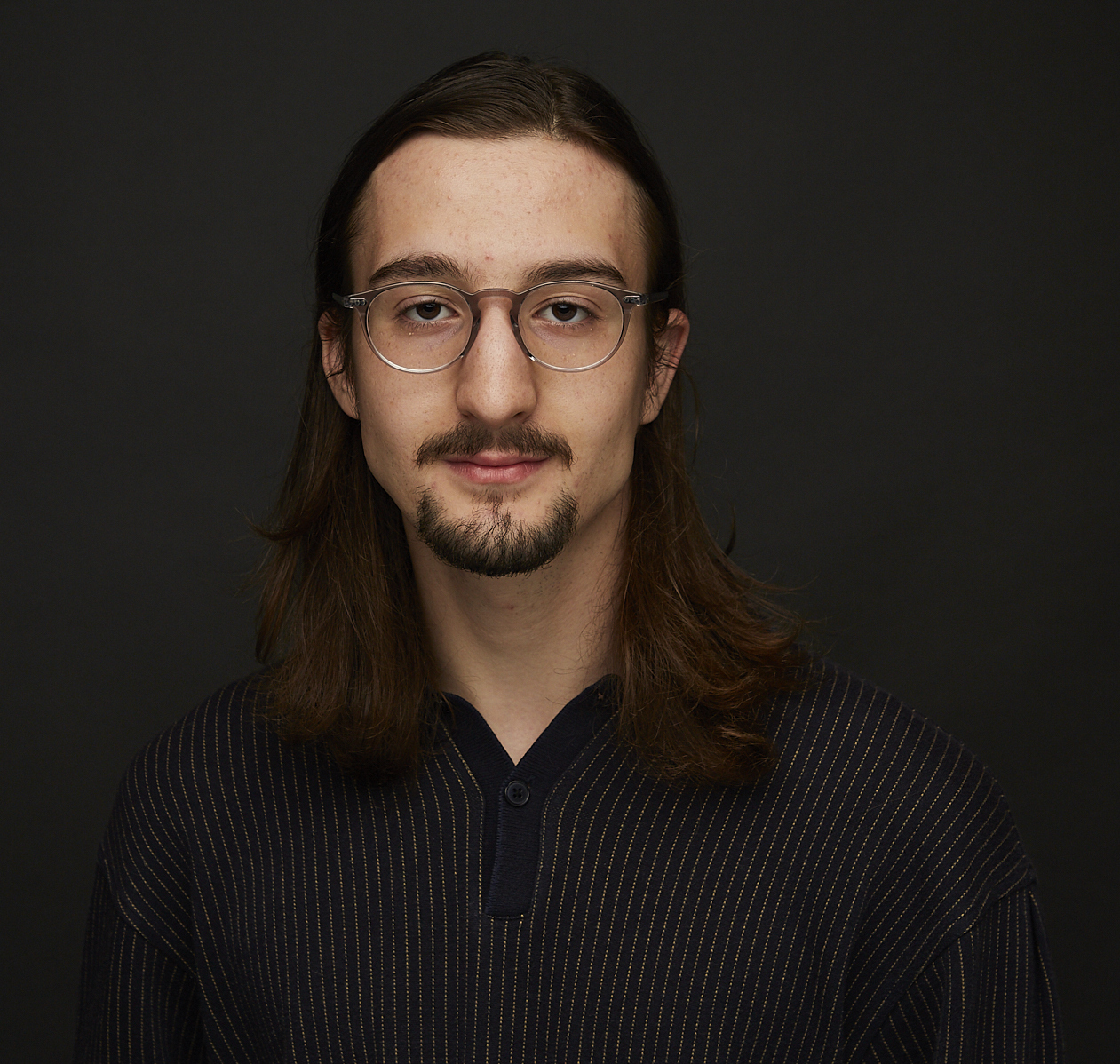At the start of GEM 205 we were asked to craft a brief description of our cultural background with a recorded “cultural self-portrait” linked here. Looking back on this video and the content of the piece I can understand in a new light my own positionality, the ways I thought about myself and the world, and what I didn’t quite understand.
I think what’s most striking about the video is how I describe myself first from my family history and background. I outline my ethnic makeup from each side of my family, explaining my mixed European heritage. Although this is normal in an American context, I also hadn’t conceptualized my own distinct background and exposure to Chinese language and culture at a young age. I placed my own life in relation to my family because of their seeming connection with their European heritage which I lacked and didn’t relate to. And I still don’t relate to it, but I only vaguely pointed towards this without really understanding why. For example, I explain how I had just recently become a “dual German American citizen but am somewhat disillusioned.” I also point out my “deeply American” feelings but don’t explain why I feel this way. It’s clearer to me now that this is because I am not tied in any way to European cultural practices or values, but having lived entirely in the U.S., I hold many of American values close to myself. I have also discovered culturally different ways of life like those in China and Taiwan from my studies and time abroad.
What also stands out is my brief remarks on religion. Because I can now look back retrospectively, I see how I was undergoing a spiritual and self-discovery process at this time. These were spurred on by a lot of personal changes. For a period, I considered myself a Christian. I also was interested in Buddhism and studied some Buddhist texts to find personal meaning. It’s also funny that I recorded this video in my room, because I feel as though I spent a good deal of time insulated and reflecting on myself.
Many of these thoughts may have also been nurtured by my exposure to legendary figures I admired, like Tang dynasty poet Li Bai and his wandering spirituality. I could place my own experience and story about myself, which I regarded as “somewhat of a rebel, in part to city life and my differing views toward cultural identity from my parents” in different places. But I didn’t really interrogate why I felt this way—or admit my own high school rebelliousness which I was now trying to recontextualize in my college life. I was having difficulty with that, so was trying to rebel in as many avenues as possible, if that makes sense.
So, where do I go from here? I think with a better understanding of how I see myself and the world, I can harness what I care most deeply, authenticity and freedom, and continue to try and bring that into the world in whatever avenues I take up.

Leave a Reply